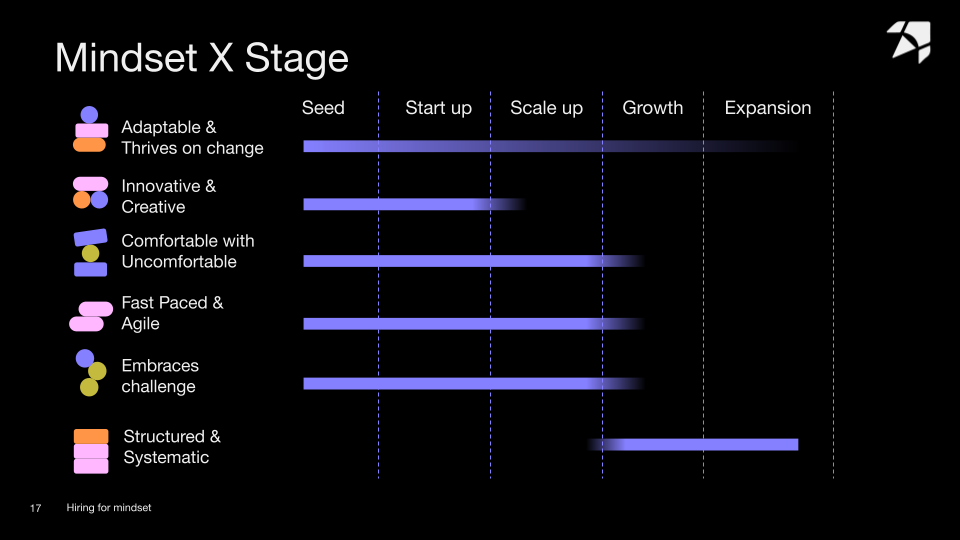Three tips for navigating the startup rollercoaster
Have you ever done a year in a startup?
Today I was speaking to a founder and asked “how have these first 12 months been?” He answered “it feels like 12 months, 12 minutes and 12 years.”
We get it. In fact everyone who has worked in a startup “gets it”.
Part of the roller-coaster ride in startups is the massive ups and downs and how quickly everything can change.
So what is this startup phenomenon?
What is a startup year? And how does that differ from a typical year?
We like the way Michal Havrda sums it up: "Start-ups are often referred to as a phenomenon of the 21st century... a fast-growing company can emerge in a market that can sometimes go from 0-100 and surpass the speed of a Porsche. As customers grow, the name recognition of the start-up in the business sphere grows, the number of employees and capital grows, and after a few years of effort and commitment, a group of 3 friends becomes a company of 50 or more people, where the founders have the entire company on their shoulders, tackling strategic decisions about direction, investment, marketing and growth into markets. Simply put, it’s a lot."
We agree, it's a lot. Things change. Fast. And you better be ready for anything.
A good example of the startup phenomenon in action occurred in a meeting three weeks ago:
It was your typical leadership meeting during which an agenda item was to go over progress on key priorities against the strategic plan. One of the directors said “we made a plan last week, as of today that plan has changed”.
No-one in the room batted an eyelid. Would this be the same in a large, established company? Maybe, but not often. Instead the initial plan is probably still going through a sign off phase.
Knowing this, how do you survive in a startup?
1. You have to have the right mindset
Succeeding in a startup goes beyond experience and capabilities you’ve also got to have the right mindset for the stage of growth.
 Adaptability is a cornerstone mindset you need to succeed in a startup. Things change. All. The. Time. This has now become so important that there is a suite of assessments to assess this trait. AQ, is the new EQ, which was the new IQ.
Adaptability is a cornerstone mindset you need to succeed in a startup. Things change. All. The. Time. This has now become so important that there is a suite of assessments to assess this trait. AQ, is the new EQ, which was the new IQ.
Speak to anyone that has been in an early stage startup about what their role is, you often get the answer of “Well my title is x, but I work across a whole lot of areas”. It’s intense, the ability to context switch and deliver to a high standard, in an area that is not necessarily your jam will stretch you.
2. Learn how to celebrate the wins and share in the losses
Startups are really bad about both of these things. Often the wins are so hard earned that by the time you get there, you move so quickly into execution or the next stage that you forget to stop and recognise what has been achieved. Also, founders hate letting their team, investors, family, board and others down. Sharing the losses is tough. It admits that things didn’t go as planned.
Mental health, wellbeing and happiness of founders and leaders in startups is tricky. We believe leaning into sharing the wins and the losses helps.
3. You have the license to make a real impact - remember that
67% of all companies globally have the value of ‘integrity’. Integrity is important, but really, it should be a given. Of the startup values we have created or learned about over the years, 67% of them have something along the lines of ‘take ownership’. It’s the Nike equivalent of ‘just do it’. Startup founders and leaders want you to act, and act now. It’s amazing what you can accomplish in a day, a week, a month or a year in a startup.
We are continually inspired by sitting with founders and reminiscing about where their businesses have come from and where they are now. So here's to the next 12 months, 12 minutes, 12 years in our own growing journey.



